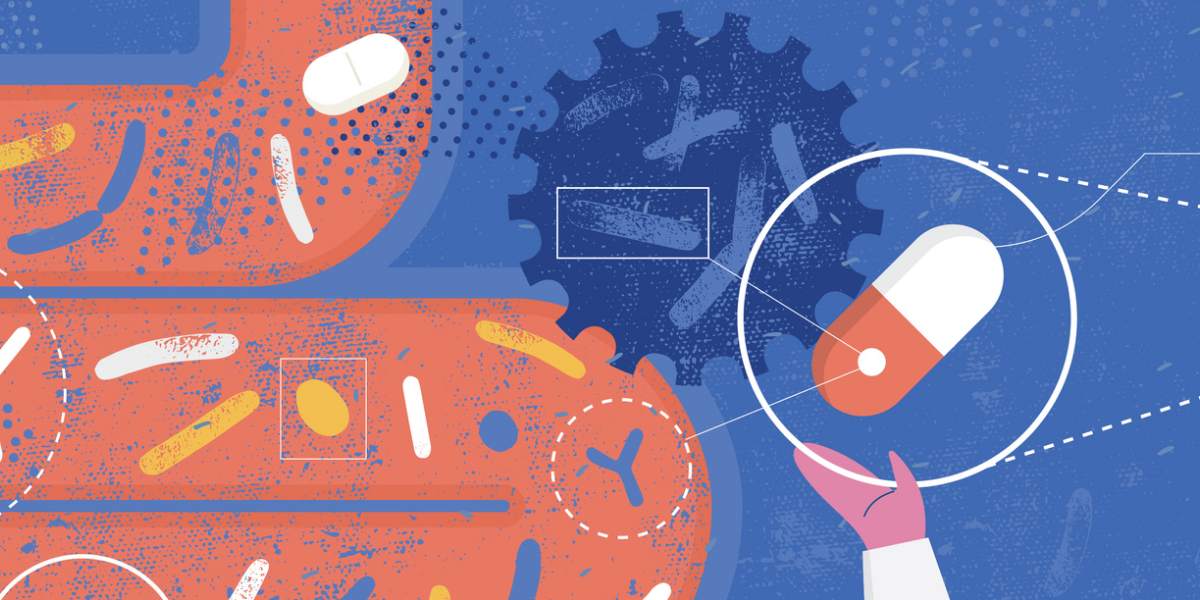The male and female reproductive systems have different roles but together allow the combination of DNA of the egg and sperm that results in the development of new life.
Diabetes can affect both the male and female reproductive systems but this should not necessarily prevent reproduction.
Female reproductive system
The female reproductive includes the following components:
- Ovaries
- Fallopian tubes
- Uterus
- Cervix
- Vagina
The ovaries produce ova (egg cells) which are released into the fallopian tubes. An egg is produced once a month by either of the ovaries.
The egg will take about 5 days to travel through the fallopian tube before it reaches the uterus. If fertilised, the ovum becomes implanted in the wall of the uterus and development of the foetus commences.
The cervix is the opening to the uterus which allows sperm to enter the uterus and either releases the baby into the vagina when ready or, if fertilisation has not occurred, opens to release the uterine lining.
Male reproductive system
The components of the male reproductive system include:
- Testes
- Prostate gland
- Urethra
- Penis
The testes produce the sperm for fertilisation. The prostate gland is responsible for commencing ejaculation as well as secreting fluid which helps to protect sperm from the acidic environment of the vaginal tract.
During ejaculatio, sperm is propelled through the urethra and out of the penis and into the vagina during sexual intercourse
The penis becomes hard and erect for intercourse enabling it to penetrate into the woman’s vagina. The dense collection of nerve endings in the penis helps to stimulate the prostate to trigger ejaculation.
Diabetes and female sexual dysfunction
In the long term diabetes can affect the blood vessels and nerves of the female genitals. This can result in difficulties in arousal and lubrication. Diabetes is not the only cause of sexual dysfunction; psychological factors can also diminish arousal for instance. Your health team can help to identify the cause of the problem and provide appropriate treatment or therapy.
- Read more on female sexual dysfunction
Erectile dysfunction and male sexual dysfunction
In men, damage to nerves and or blood supply of the penis can make it difficult to achieve or maintain an erection. Depending on the cause, a number of treatments may be prescribed, including sexual therapy, tablets (such as Viagra, Cialis and Levitra) and vacuum pumps.
- Read more on erectile dysfunction
Diabetes and pregnancy
It is important that expectant mothers maintain good blood glucose level control through pregnancy to ensure a healthy birth.
Preparation for pregnancy is highly recommended for women with diabetes to allow you to have a health assessment and adjust to keeping your sugar levels stable before commencing pregnancy.
Mothers with diabetes have a greater chance of having a larger baby and, as a result, there’s an increased chance you may need to have a caesarean section birth.
- Read more on diabetes and pregnancy






